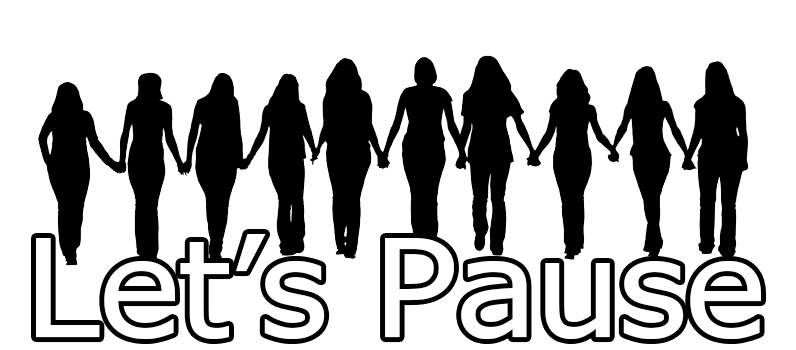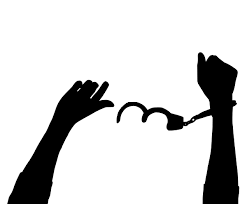Middle age and alcohol consumption are never spoken of synonymously. The fact is as we age and transition in our lives, the stressors, circumstances and hormones fluctuations are ever so present, which can lead us down a path of searching for relief, in all the wrong places. Alcohol use disorder in middle aged women is more prevalent than we recognize.
Wine O’clock….many of us have heard or used this phrase in our lifetime. It’s 5 pm and our workday is unwinding, and that inner alcohol voice is nagging you to go home. On your drive home, the voice is getting louder. You walk in, pour that first glass, feel the liquid calm on your lips…and a wave of contentment washes over you. And then you pour your second glass, then third…and WOW you are in pure bliss, that is until you aren’t! Does this sound familiar? Have you ever thought back to your 20’s and 30’s and remembered feeling this type of calmness, mentally and physically? I venture to say, maybe but not as pronounced As I stated earlier, during our transition into middle age/midlife we look for outlets to relieve our minds. Below, I have highlighted useful information about the causes and effects of alcohol use disorder.
Middle Age and Alcohol Consumption
Excessive alcohol consumption can affect people of all ages, including middle-aged women. Middle age generally refers to the age range of around 40 to 65 years old. While alcoholism affects both men and women, there are specific factors and considerations related to alcoholism in middle-aged women.
Points To Consider
- Stress and Coping: Midlife can bring about increased stress due to responsibilities related to careers, family, aging parents, and other life transitions. Some individuals may turn to alcohol as a way to cope with the pressures they face.
- Cultural and Social Factors: Alcohol consumption might be influenced by social norms and cultural expectations. Midlife often involves social gatherings, such as work events, reunions, and celebrations, where alcohol may be present and even encouraged.
- Transition and Identity: Middle age can be a time of self-reflection and identity reevaluation. Individuals may use alcohol as a way to navigate changes in their self-perception, roles, and aspirations.
- Empty Nest Syndrome: For parents, midlife might coincide with their children leaving home for college or work. This “empty nest” phase can lead to feelings of emptiness and loss, potentially triggering increased alcohol consumption.
- Health Considerations: As people age, their bodies may become less tolerant of alcohol. Medical conditions that become more common in midlife, such as liver issues, cardiovascular problems, and hormonal changes, can interact with alcohol and worsen their effects.
- Alcohol Use Disorder (AUD): The risk of developing alcohol use disorder can persist into midlife. Factors such as genetic predisposition, past trauma, and stress can contribute to the development or continuation of problematic drinking patterns.
- Gender Differences: Both men and women can be affected by alcohol-related issues in midlife. However, as mentioned earlier, women may face distinct challenges due to hormonal changes and societal expectations.
- Seeking Treatment: Midlife can be a time when individuals become more attuned to their health and well-being. If someone recognizes that their alcohol consumption is becoming problematic, they might be more inclined to seek help and treatment to address it.
- Positive Lifestyle Changes: Midlife can also be a time for positive changes. Some individuals might choose to reduce their alcohol intake as part of a broader effort to improve their overall health and well-being.
Conclusion
Excessive alcohol consumption during middle age can have serious health, social, and emotional consequences. If you or someone you know is struggling with alcohol-related issues, seeking support from medical professionals, therapists, or support groups can be beneficial. Unleash yourself, Join us and let’s talk.


Comments are closed